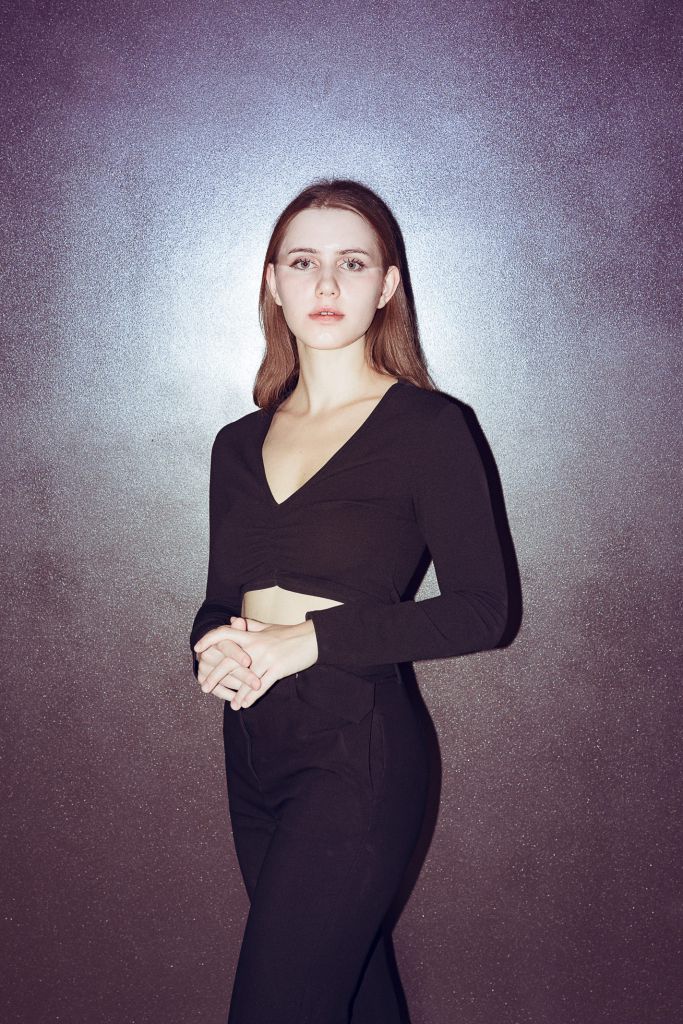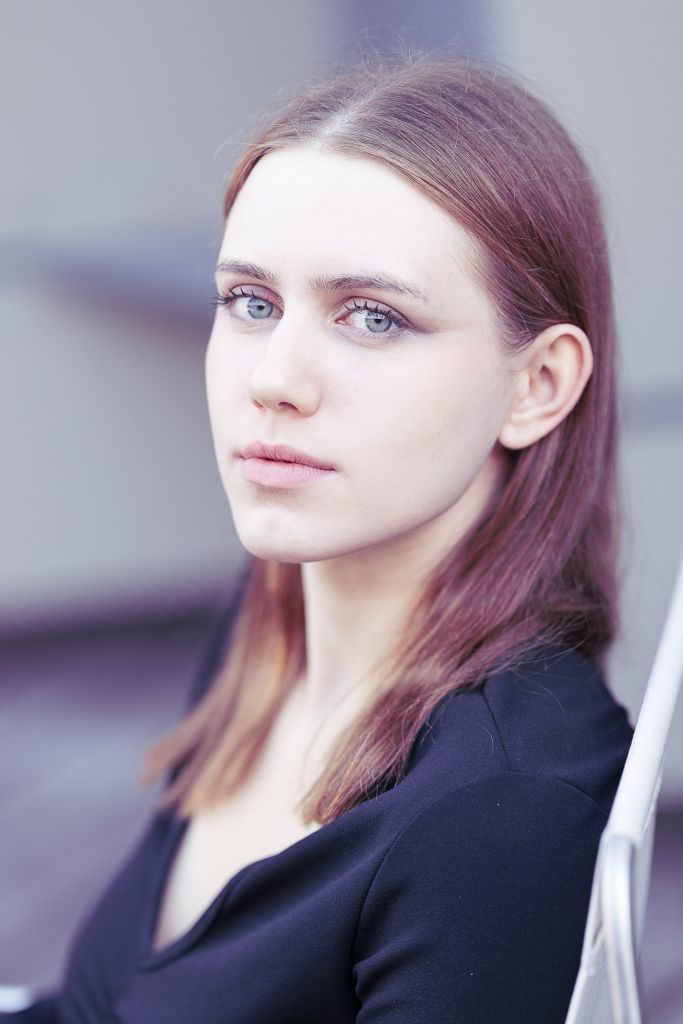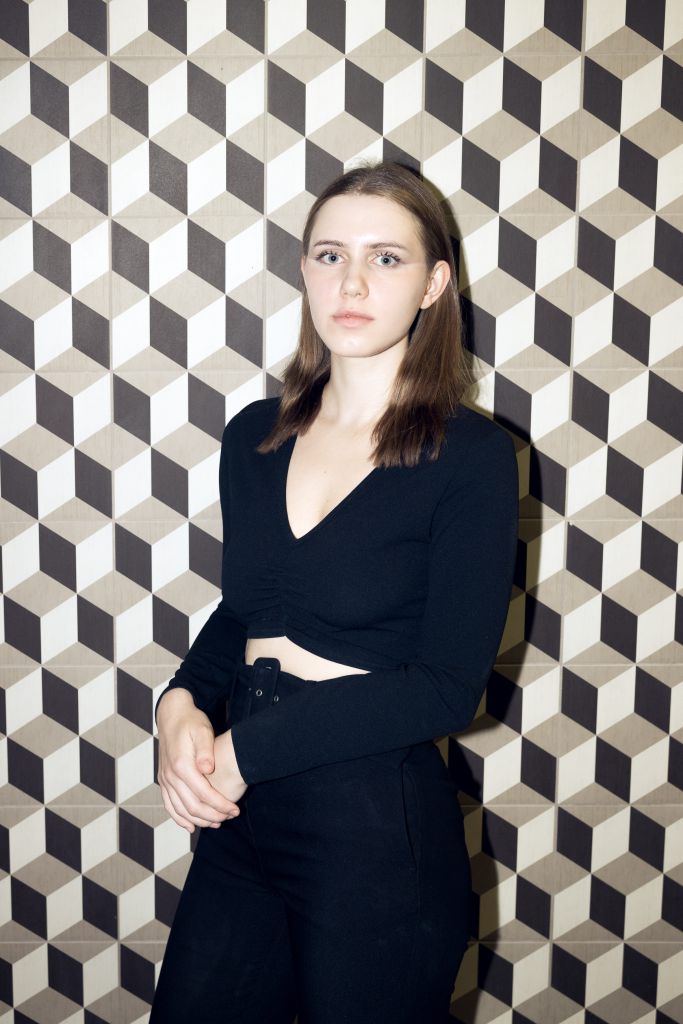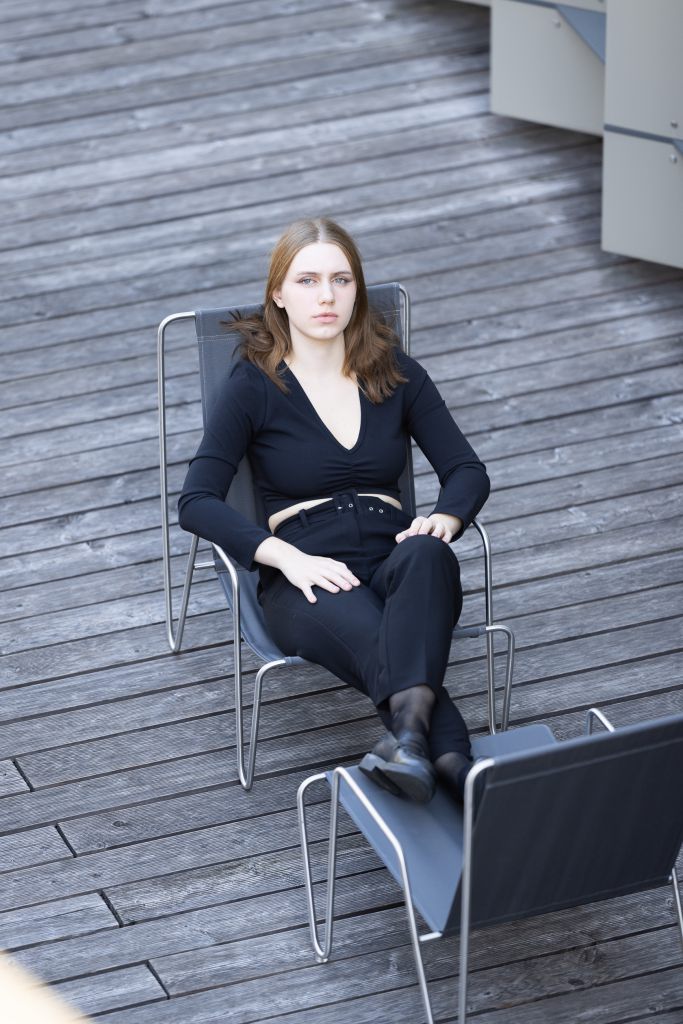Enrolled at the mdw since: October 2022
Area(s) of study: Composition and Music Theory

Favourite place at the mdw and why: The terrace of the Future Art Lab. Up there, I can spend time with friends and a cup of coffee, breathe fresh air, and observe the goings-on in the inner courtyard.
Favourite place in Vienna: The last while, that’s definitely been the Seestadt area—worlds away from the urban hustle and bustle. It’s the ideal place to spend pleasant hours together with others or alone, bathe in the lake’s clear waters, stroll through the picturesque local parks. Seestadt is a fair distance from the city centre, and the atmosphere there contrasts with the lively activity of Vienna’s inner districts—which helps you to feel relaxed.

When I compose, then… I’m surprised again and again by how diverse and full of impressions this process can be. To me, every single step has its own attraction. Lots of creative people have a sort of veneration for this “flow” state, where they’re working at the limits of their abilities as if gliding downstream at high speed, finding solutions to the creative challenges they face while also arriving at new ideas. It’s a simply fantastic feeling, whether you’re making music or practicing any other art form. But with that said, the process of musical composition involves more than just this active phase. It alternates with more passive periods where you’re in research mode, experimenting and trying out entirely new approaches. And there are also those moments where your work is just shy of completion and it’s only the final details that need to be added for it to take on its final form. To me, each one of these aspects of the creative process is valuable and wonderful in its very own way. And that fills me with constant enthusiasm for what I do and motivates me to return to a composition again and again.
I feel that my greatest success thus far has been… taking joy in the here and now while also understanding what I need to work on and in what direction I have to move so I can achieve even greater success in the future. It’s this balance between being satisfied with present achievements and striving for further improvement that motivates me to move forward.

A theme with which I’m preoccupied currently is: I’m working right now to explore new avenues of musical expression, as part of which I’m taking a deep dive into the latest trends that are crystalising in various genres and musical styles. I analyse these trends and take note of special features that I’d like to integrate into my own music. It’s a desire of mine to stay up to date with my creativity and spark creative interest in others, which drives me to pay attention to emerging developments in the musical world.
What does exile mean to you?
I draw a distinction between physical and psychological exile. In a psychological sense, exile is the mental experience of the complete impossibility of returning to the life one had led before. This painful feeling comes from realising the irreversibility of these changes. It isn’t about being driven out of any particular place; it’s about how the events behind a person’s actual exile literally drove them out of the life they’d previously had. The emotions one experiences are reduced to a feeling of disconnection and apathy, a feeling of being incapable of influencing anything at all. This often goes hand in hand with an inability to adapt to the new circumstances in which one lives. It’s this mix of emotions that’s characteristic of the feeling of being exiled, independent of its cause.

Have you ever dealt with the theme of exile as part of your work or your art? And if so, how?
I’m currently planning to say something about lingering in exile in my art. But since this is a very deep-reaching and relevant theme for me, the creation of a work that deals with it specifically is something that I prefer to approach in a way that’s very thorough and mindful of the responsibility I bear. Even so, I have indeed already touched on similar themes—such as alienation, feeling cut off, apathy, and the emotions that arise in connection with war—in my work so far, especially in my electronic compositions of recent years.

